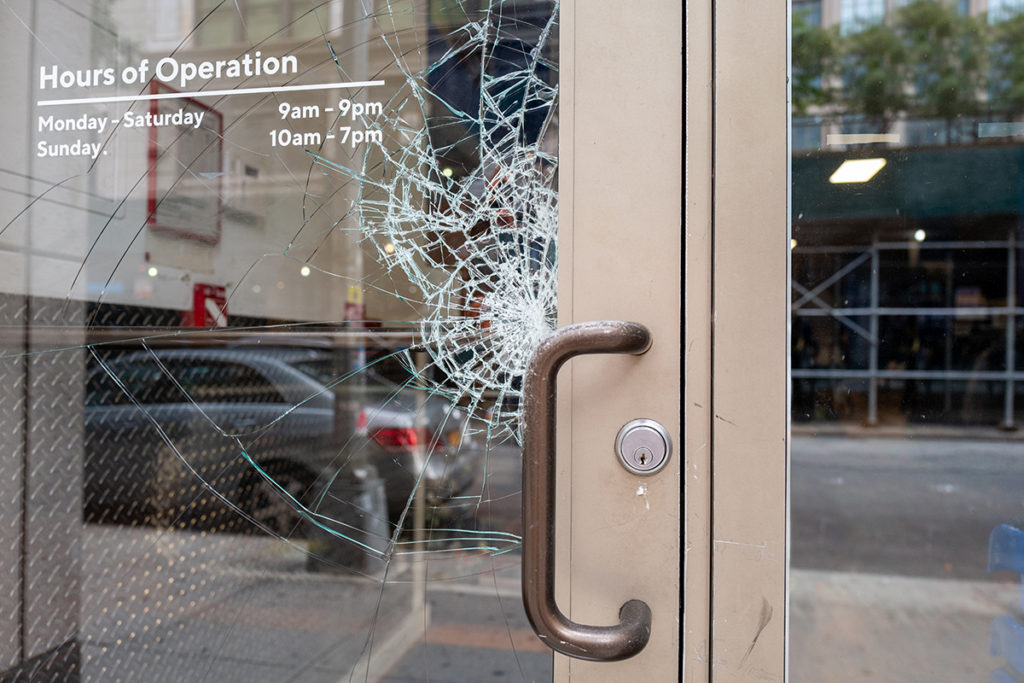In California and many other places, a property crime relates to the destruction or theft of something belonging to someone else. This category of criminal activity includes non-theft-related crimes such as arson and vandalism, plus theft-related crimes like shoplifting, burglary or stealing a car.
Many property crimes do not involve threats or physical harm to a victim, and some offenses fit the definition of a crime even if the would-be criminal isn’t successful. For example, someone who breaks into a home with the intent to rob it can be charged with burglary, even if they lose their enthusiasm and run away empty-handed when a security alarm goes off.
Types of Property Crimes in California
There are several categories of crimes against property in the Golden State, including the following.
- Vandalism: California Penal Code 594(a) defines vandalism as “maliciously commit[ting] any of the following acts with respect to any real or personal property.” Examples include defacing, destroying or damaging someone else’s home or building. The consequences under California law include jail time and fines, depending on the cost of the damage.
- Arson: This potentially deadly crime is a severe, violent felony offense that is punishable by time in state prison. A person is guilty of arson when they willfully and maliciously set fire to any structure, property or forest land.
- Trespassing: You are trespassing if you illegally access lands, buildings or other property owned by someone else without their consent. The crime becomes more serious if you unlawfully enter another person’s property when there are clearly visible anti-trespassing signs, since you cannot then reasonably claim you weren’t aware you had no right to be there.
- Burglary: You may face burglary charges under California law if you enter any property with the intent to commit any kind of theft. It’s critical to note that you don’t have to successfully complete the crime to get charged.
- Larceny: Larceny, or theft, falls into two categories: grand theft and petty theft. The primary difference between grand and petty theft is the value of the stolen property. If it exceeds $950, the crime becomes grand theft and may fall under a felony classification, which involves serving up to three years in a California prison. Most shoplifting charges constitute petty theft.
- Robbery: Robbery involves forcibly taking money or property from someone else, such as pointing a gun at a cashier and demanding all the money in their register.
Best Property Crime Attorney in Southern California
Property crimes in California are “wobblers,” which means you may face either misdemeanor or felony charges, depending on the offense’s severity and your criminal history. Property crimes may also come with consequences including fines and imprisonment, which is why knowledgeable legal representation is essential in cases involving crimes against property.
Have you been arrested for a property crime such as shoplifting, robbery or a similar offense? Contact the Law Office of Ronald G. Brower today. We can use our decades of experience practicing law in Southern California to build a robust case in your defense, working tirelessly to champion your innocence while giving you all the respect you deserve.

